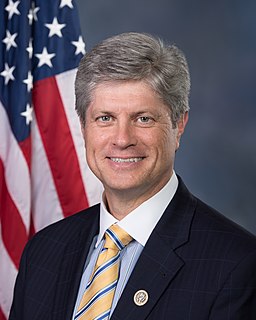A Quote by Pete Hoekstra
The overall feckless strategy against ISIS in Syria and Iraq enabled the Islamist organization to expand its domain and drive out more religious minorities.
Related Quotes
The United States wanted to send its trained rebel groups to Syria to fight ISIS. Out of twenty-five hundred rebels they had trained, only seventy accepted to go to Syria to fight ISIS. Everybody else wanted to go to Syria to fight the government. So you've got to wake up and smell the coffee. . . . The rebel groups have not fired a shot against ISIS.
The United States wanted to send its trained rebel groups to Syria to fight ISIS. Out of twenty-five hundred rebels they had trained, only seventy accepted to go to Syria to fight ISIS. Everybody else wanted to go to Syria to fight the government. So you've got to wake up and smell the coffee... The rebel groups have not fired a shot against ISIS.
I think we have to knock out ISIS. Right now Syria is fighting ISIS. We have people who want to fight both at the same time. But Syria is no longer Syria; Syria is Russia and Iran, who she made strong, and Kerry and Obama made into a very powerful nation and very rich nation very, very quickly. Very, very quickly. I believe we have to get ISIS.
Trump himself has not laid out a clear agenda on the national security issues that are the most pressing for the United States, from the resurgence of the Taliban in Afghanistan to the deepening Syrian civil war to the fight against ISIS in Iraq and Syria and the flexing of Russian muscles under President Vladimir Putin.


























